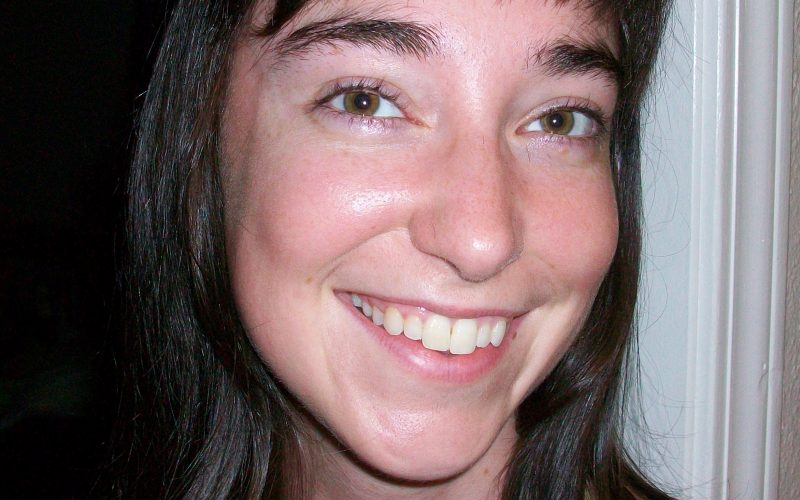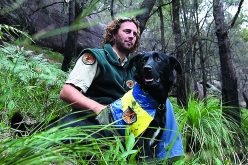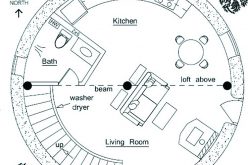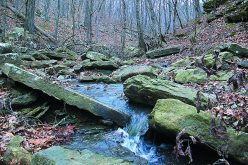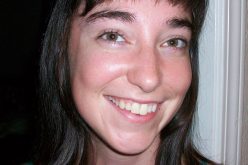I was raised in many cities, in the fashion of migrating geese whose seasons have been extended into years-long springs and falls, moving across the states.
My best friend in grade school was a country girl. Raised in the Midwest on a farm, she was tougher than leather but always wore dresses. I, on the other hand, disdained dresses but was fragile as a flower. An early photograph shows her in a plaid dress, with me in bib overalls as we chase geese across the lawn. She was born with a birth certificate that said, in hidden ink, that nature is her birthright. It read: “We celebrate the birth of this child as an addition to the ranks of those who know nature, who love all things wild, and will protect the Earth as good stewards as their parents did before them.”
Our culture assumes that as much as a rural child can see nature, they will see the value in protecting it. My best friend disliked being distant from the endless entertainment of the city. As soon as she was old enough, she went to school and became fashion-focused, getting married and moving to a large city.
I have visited about 30 farms or plots of country land. Some are sitting forgotten by all but the invasive species; almost all of them are attached to the hidden ink in these birth certificates. “The kids might want it, someday,” says the parent, not altogether hiding their own disbelief. “I’m leaving a legacy to my children.” But the children and grandchildren are in New York City, or California. Something got lost in translation, and we must quickly find interpreters. Protecting wild lands by having babies on it is about as fool-proof for conservation as protecting our water supply by tossing an open container of unknown contents into Beaver Lake. It could go either way with kids. Free will, and all that.
Beatrix Potter, upon embarking on her adventure to save the Lake District in England with her “bunny books” that would make her famous, was told that a city off-comer (and a woman, to boot!) had no right to buy farms and not enough experience to run them properly, let alone survive in the countryside. They bet she would last a fortnight at most. But in the end, she lived out her days there until her death in 1943 when she bequeathed more than 4,000 acres of land to the National Trust. A city woman! Imagine if she’d just given it all to heirs who sold it to the encroaching resort developers of the time.
To those city folk who begin a difficult journey to learn organic farming, or stop the poaching of endangered species, or protect our native plants: go for it! The rhino in the crosshairs doesn’t care about your birth certificate, the organic pumpkins will not judge your lack of certification in country living.
Aldo Leopold would not care where conservationists originate; he could see all too painfully well that we can’t be picky about who will step in to preserve our last remaining wild spaces. For those born in the city are just borrowed country kids. Nature has owned us all along.
Amanda Bancroft is a Master Naturalist and volunteers with her husband Ryan for their solar-powered online educational center on how to make a difference with everyday choices at: www.RipplesBlog.org.

